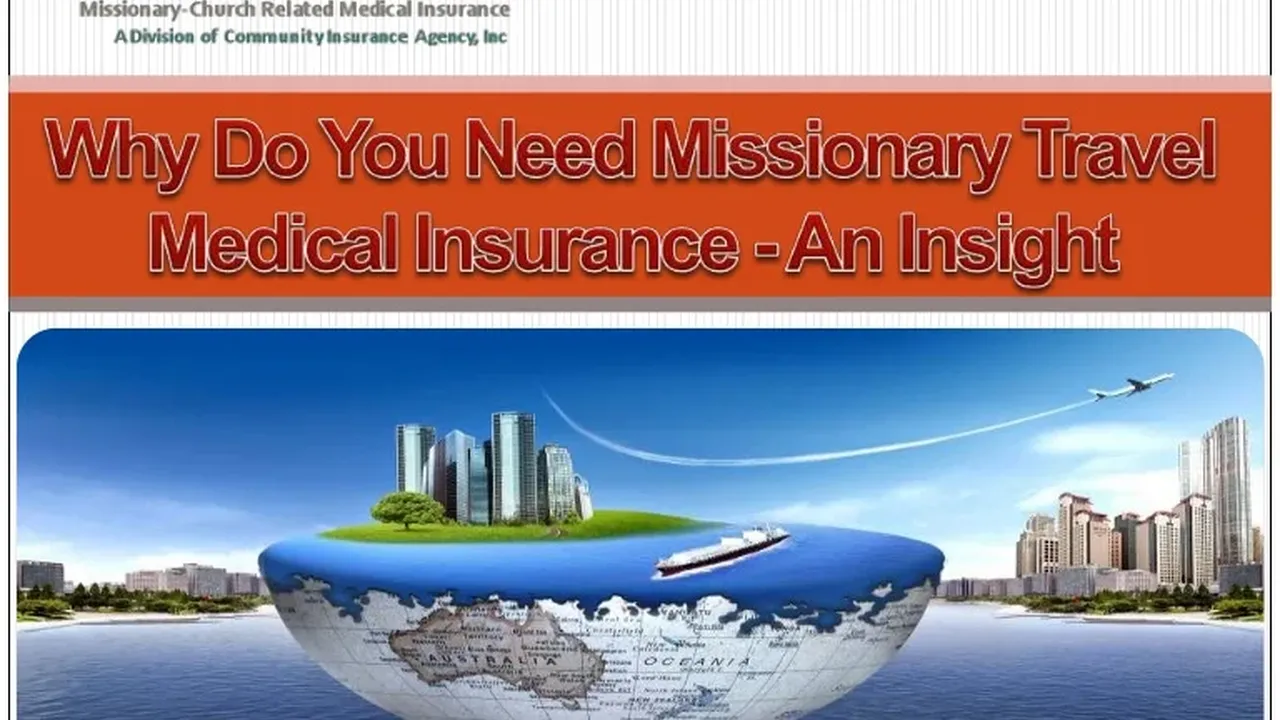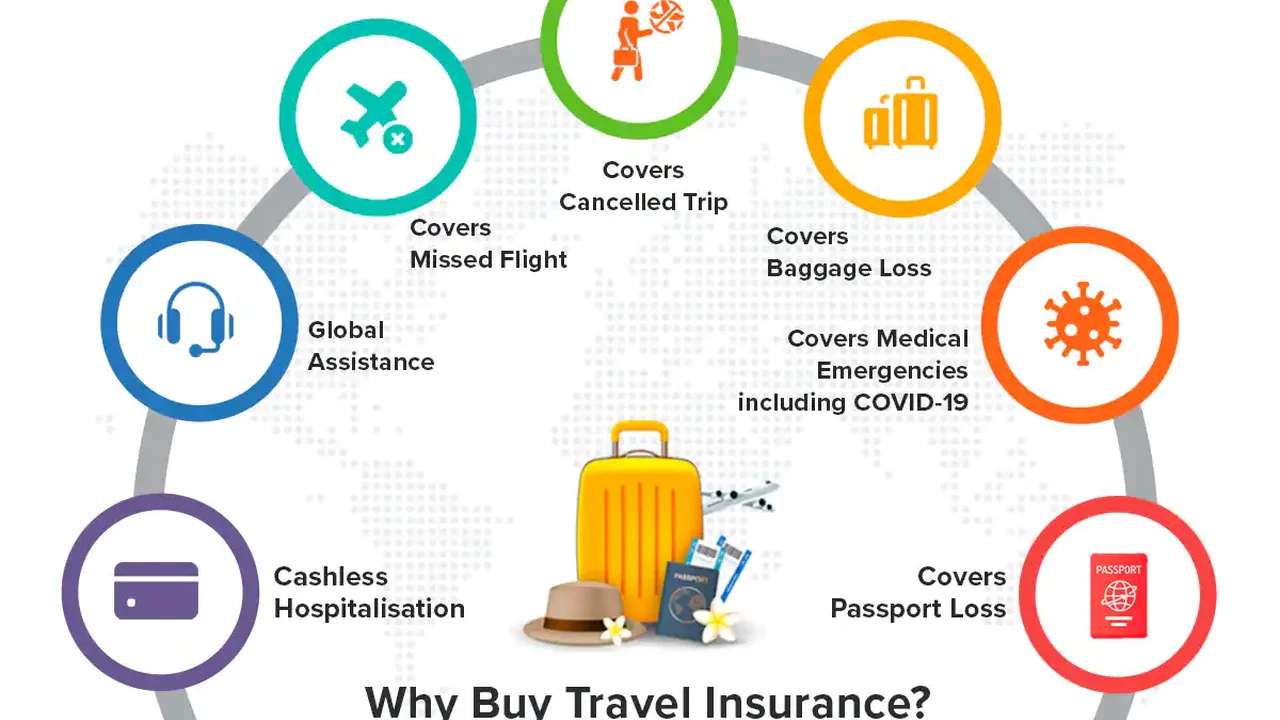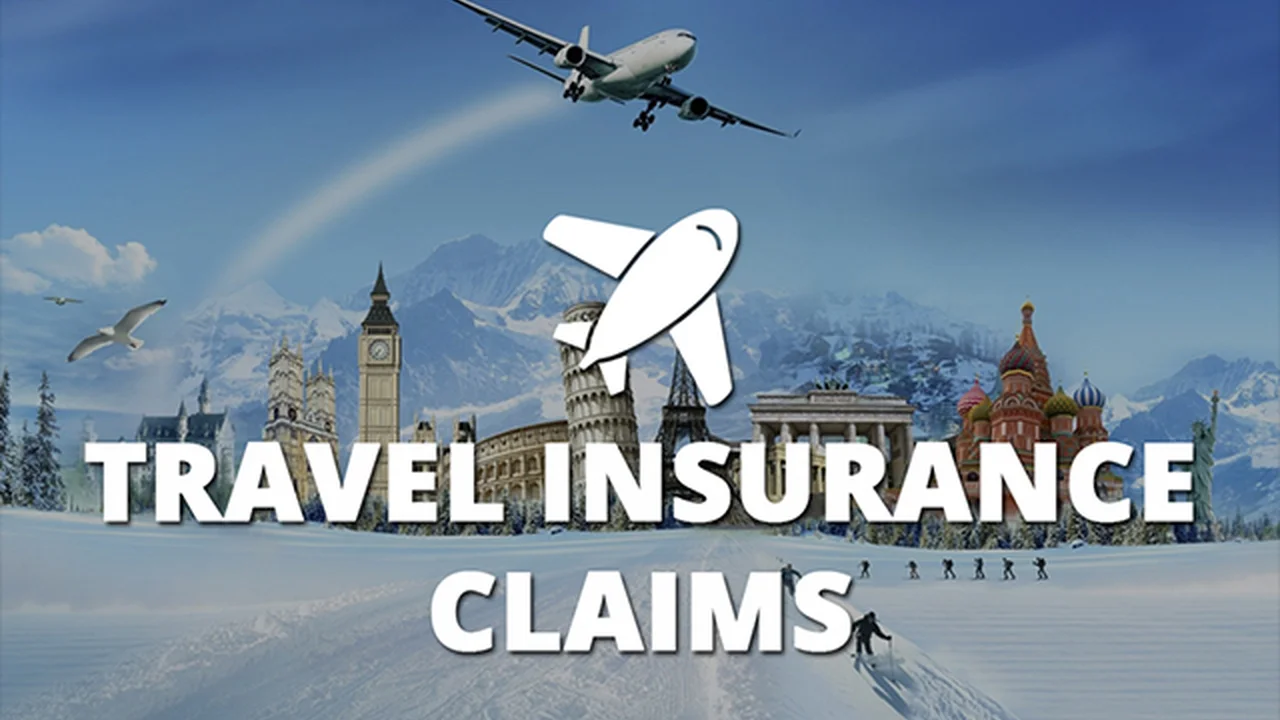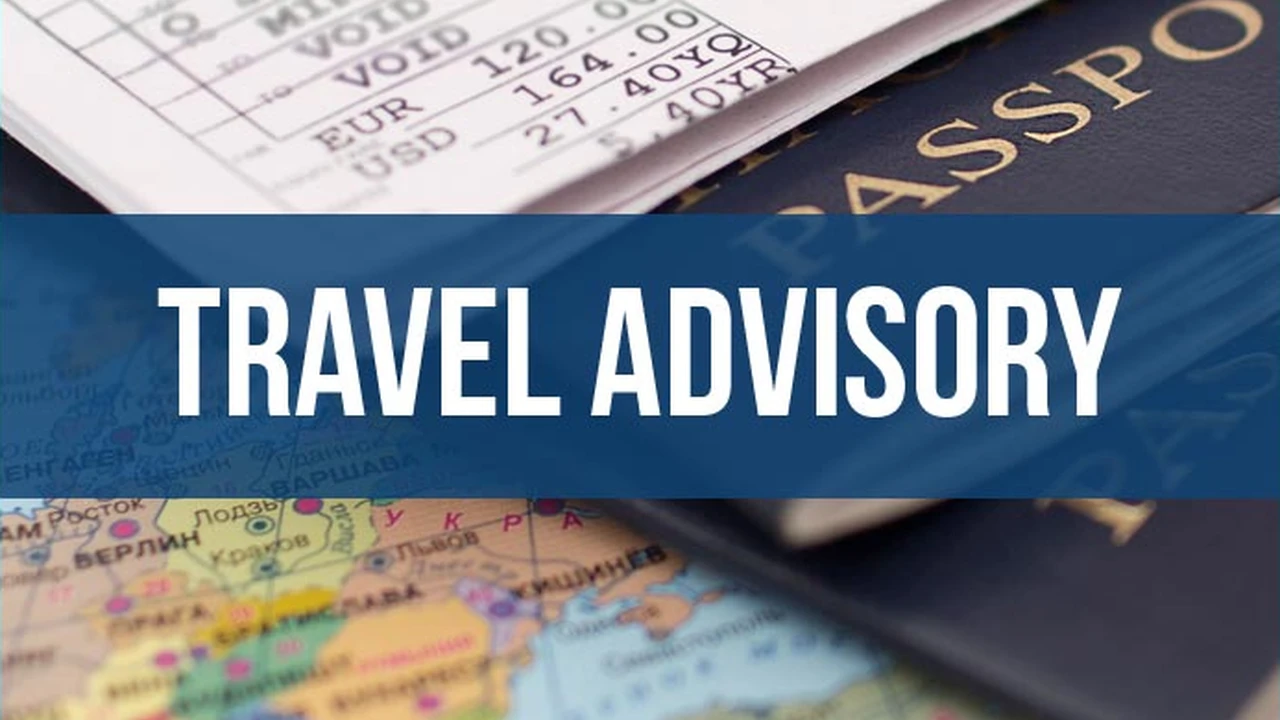Travel Insurance for Missionary Trips: Staying Protected

Understanding the Unique Risks of Missionary Travel Travel Insurance
So, you're heading out on a missionary trip? Awesome! It's a life-changing experience, but let's be real, it's not exactly a walk in the park. Think about it: you might be in a remote area with limited medical facilities, dealing with unfamiliar food and water, and potentially facing political instability or natural disasters. That's a lot to handle! And that’s where travel insurance comes in – specifically, travel insurance tailored for missionary trips. It's not just about lost luggage (though that's annoying too!). It's about having a safety net when things get real. We're talking medical emergencies, evacuations, and even things like trip cancellation if something unexpected happens back home. Don't leave home without seriously considering it. It's peace of mind you can't put a price on (well, you can, but we'll get to that later!).
Key Coverage Areas for Missionary Travel Insurance Plans
Okay, let's break down what a good missionary travel insurance plan should cover. We're talking the essentials here:
- Medical Expenses: This is huge. Imagine getting sick or injured in a place where quality medical care is scarce. Medical expenses coverage can help pay for doctor's visits, hospital stays, medication, and even emergency medical evacuation to a better facility. Look for plans with high coverage limits – think at least $100,000, but ideally more, depending on your destination.
- Emergency Medical Evacuation: If you need to be airlifted to a hospital in another country, or even back home, this coverage is a lifesaver (literally). Evacuations can be incredibly expensive, so make sure your policy has a high limit for this. We're talking potentially tens or even hundreds of thousands of dollars.
- Trip Interruption/Cancellation: Life happens. A family emergency back home, a natural disaster at your destination – things can force you to cut your trip short or cancel it altogether. This coverage can reimburse you for non-refundable travel expenses, like flights and accommodation.
- Lost or Stolen Baggage: Okay, maybe not as crucial as medical care, but still important. Imagine arriving at your destination without your essential supplies! This coverage can help you replace your belongings.
- Personal Liability: Accidents happen. If you accidentally injure someone or damage their property, this coverage can help protect you from financial liability.
- 24/7 Assistance: A good travel insurance provider will offer 24/7 assistance in case of emergencies. This means you can call them anytime, day or night, for help with finding a doctor, arranging transportation, or navigating local customs.
Specific Product Recommendations for Missionary Travel Insurance and Usage Scenarios
Alright, let's get down to brass tacks. Here are a few travel insurance options that are often recommended for missionary trips, along with some example scenarios:
- World Nomads Explorer Plan: This is a popular choice for adventurous travelers, and it's often a good fit for missionaries. Scenario: You're working in a rural village in South America and contract a serious infection. World Nomads can help you arrange and pay for an emergency medical evacuation to a hospital in a major city. They offer 24/7 assistance and have a good reputation for handling claims efficiently. The "Explorer" plan is typically more comprehensive than their standard plan. Price: Varies depending on age, trip length, and destination, but expect to pay around $100-$300 for a month-long trip.
- IMG Global Medical Insurance: IMG offers a range of travel medical insurance plans, including options specifically designed for long-term travelers and expats. Scenario: You're on a year-long mission in Africa and need ongoing medical care for a chronic condition. IMG's plans can cover pre-existing conditions (with some limitations) and offer access to a global network of doctors and hospitals. Price: More expensive than World Nomads, potentially $500-$1000+ for a year-long policy, depending on coverage level.
- GeoBlue Voyager Choice Plan: GeoBlue is known for its excellent customer service and comprehensive coverage. Scenario: You're traveling to a country with a high risk of political unrest. GeoBlue's plans can provide coverage for emergency medical evacuation due to political instability. They also offer access to a network of U.S.-based doctors, which can be reassuring if you prefer to receive care from American-trained physicians. Price: Similar to IMG, potentially $600-$1200+ for a year-long policy.
Comparing Travel Insurance Products for Missionary Trips: Features and Prices
Okay, let's get into the nitty-gritty. Here's a quick comparison chart to help you see the differences between these popular options:
| Feature | World Nomads Explorer | IMG Global Medical | GeoBlue Voyager Choice |
|---|---|---|---|
| Medical Coverage | Excellent, up to $1 million | Excellent, customizable limits | Excellent, customizable limits |
| Emergency Evacuation | Excellent, unlimited | Excellent, unlimited | Excellent, unlimited |
| Trip Interruption/Cancellation | Good, up to policy limits | Good, up to policy limits | Good, up to policy limits |
| Pre-existing Conditions | Limited coverage | May be covered with restrictions | May be covered with restrictions |
| Customer Service | Good, online support | Excellent, 24/7 phone support | Excellent, 24/7 phone support |
| Price (Approx. 1 Month) | $100-$300 | $200-$500 | $250-$550 |
Important Considerations:
- Policy Limits: Always pay attention to the policy limits for each coverage area. Make sure they're high enough to cover your potential expenses.
- Exclusions: Read the fine print and understand what's *not* covered by the policy. Common exclusions include extreme sports, pre-existing conditions (unless specifically covered), and acts of war.
- Deductibles: A deductible is the amount you have to pay out of pocket before your insurance kicks in. Choose a deductible that you're comfortable with.
- Reputation: Research the insurance provider and read reviews from other travelers. Make sure they have a good reputation for handling claims fairly and efficiently.
Travel Insurance Claim Process for Missionaries: A Step-by-Step Guide
Okay, so you've got your insurance, and unfortunately, you need to use it. What now? Here's a general guide to the claims process:
- Seek Medical Attention: Your health is the priority. Get the medical care you need as soon as possible.
- Document Everything: Keep detailed records of all your medical treatments, expenses, and communications with doctors and hospitals. Get copies of all medical bills, receipts, and reports.
- Contact Your Insurance Provider: As soon as possible, contact your insurance provider to report the incident and start the claims process. They will provide you with instructions on how to file a claim.
- Complete the Claim Form: Fill out the claim form accurately and completely. Provide all the required documentation, including medical bills, receipts, and any other relevant information.
- Submit Your Claim: Submit your claim form and supporting documentation to your insurance provider.
- Follow Up: Keep in touch with your insurance provider to check on the status of your claim. Respond promptly to any requests for additional information.
- Appeal (If Necessary): If your claim is denied, you have the right to appeal the decision. Follow the instructions provided by your insurance provider for filing an appeal.
Travel Safety Tips for Missionaries: Beyond Insurance
Insurance is important, but it's not a magic bullet. Here are some additional safety tips to keep in mind while on your missionary trip:
- Research Your Destination: Learn about the local culture, customs, and potential risks before you go.
- Register with Your Embassy: Register with your embassy or consulate so they can contact you in case of an emergency.
- Stay Informed: Keep up-to-date on current events and any travel advisories issued by your government.
- Be Aware of Your Surroundings: Pay attention to your surroundings and be cautious in unfamiliar areas.
- Avoid Risky Activities: Avoid engaging in activities that could put you at risk, such as extreme sports or traveling alone at night.
- Protect Your Belongings: Keep your valuables secure and be aware of pickpockets and other petty criminals.
- Stay Healthy: Take precautions to prevent illness, such as washing your hands frequently, drinking bottled water, and getting vaccinated.
- Communicate Regularly: Stay in touch with your family and friends back home and let them know your travel plans.
- Trust Your Instincts: If something doesn't feel right, trust your instincts and remove yourself from the situation.
Traveling for a mission is an incredible opportunity to serve and make a difference. By taking the time to understand the risks and protect yourself with appropriate travel insurance and safety precautions, you can focus on your mission and have a safe and rewarding experience.
:max_bytes(150000):strip_icc()/277019-baked-pork-chops-with-cream-of-mushroom-soup-DDMFS-beauty-4x3-BG-7505-5762b731cf30447d9cbbbbbf387beafa.jpg)






